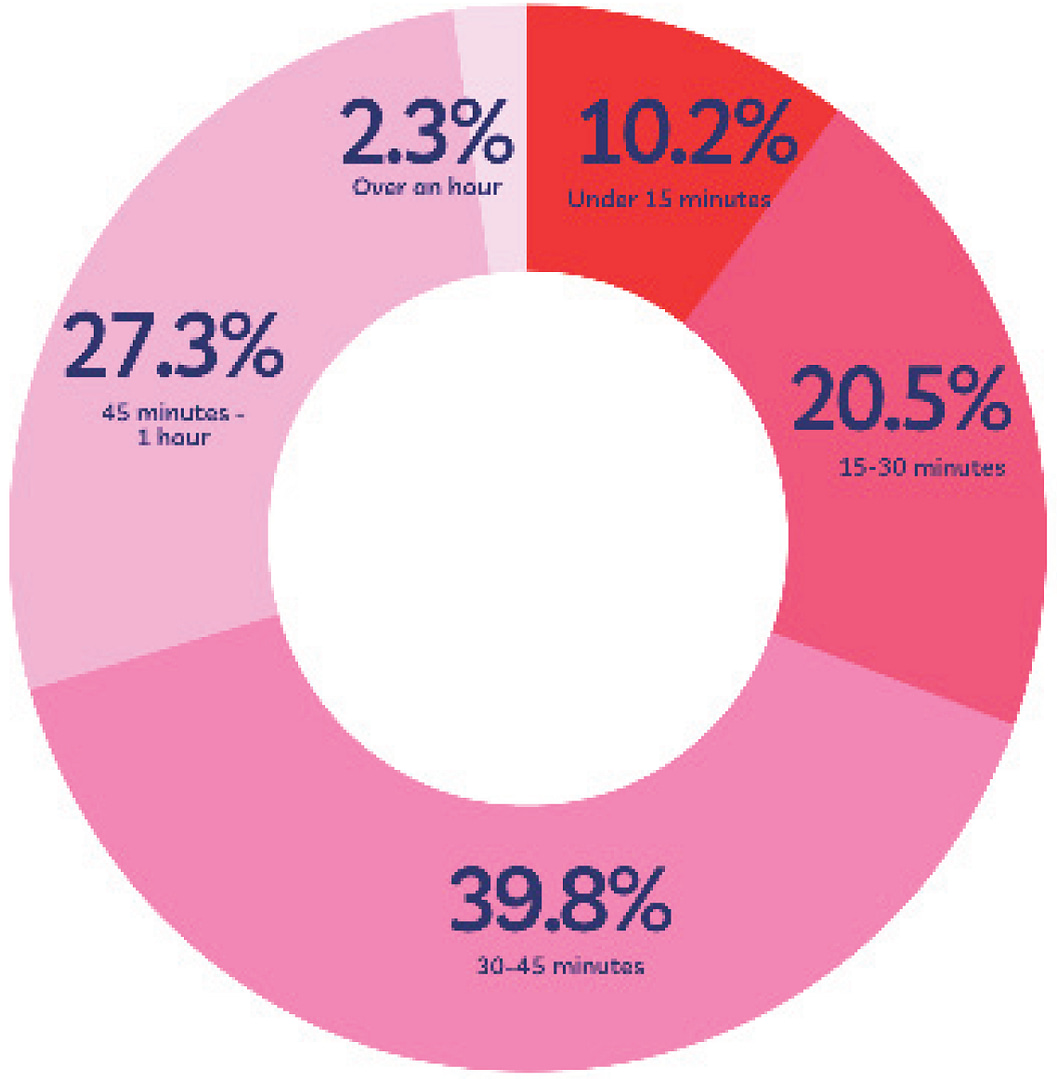For Southern Californian drivers, getting cut off by a fellow motorist is a common occurrence––but what if that driver was an 11-year-boy?
Well, that’s exactly what happened to Canadian drivers just north of Toronto Saturday night. Around 11:00 p.m. local time, Canadian Highway Patrol received reports of a reckless driver on Highway 400, CTV news reported.
After police attempted to pull the vehicle over, the boy led officers on a high speed pursuit with his vehicle reaching speeds of about 75 miles per hour. The kicker to this bizarre event––the boy attributed his actions to playing Grand Theft Auto the previous night.
This anecdote is just one example why stories should not sell violent video games to minors. Games like Grand Theft Auto and Halo promote violent behavior, desensitize young minds and facilitate cyber bullying.
With their myriads of care packages, complements for killstreaks and unlimited quantities of “lives,” games such as Call of Duty suggest the playfulness of war. These games completely omit the suffering associated with all levels of human conflict. Far worse, they reward gamers––usually with weapons upgrades––for killing the most enemies. Young children publicly go around making gun gestures and pretending to shoot each other because games like Call of Duty suggest no consequence to violence.
These games also render violence normal. In an age when terrorism and killing greatly shape the state of society, children do not need more exposure to modes of destruction like shooting, stabbing, carjacking and bombing; rather, parents and gaming companies should engineer methods to discourage childhood obsession with violent digital games.
Furthermore, these video games breed cyberbullying. Many gaming consoles like Xbox offer live chatting platforms that connect strangers to one audio portal. Rather than discussing the game or mapping out strategy, gamers usually use these features to abuse, taunt and torment their opponents. While this bullying can theoretically exist on any video game platform, games like Call of Duty make the abuse significantly worse: long “campaigns” foster a lot of action, and each “kill” allows a gamer to lash out against his opponent. This type of bullying can last for months, and the victim may eventually feel the need to exert his anger in the form of violence, which–most likely–resulted from his engagement in the video game.
In sum, violent video games detract from the healthy development of an individual. Rather than fighting each other on a fictional battle field, youth should spend their time thinking about ways to curb violence.







Comments are closed.